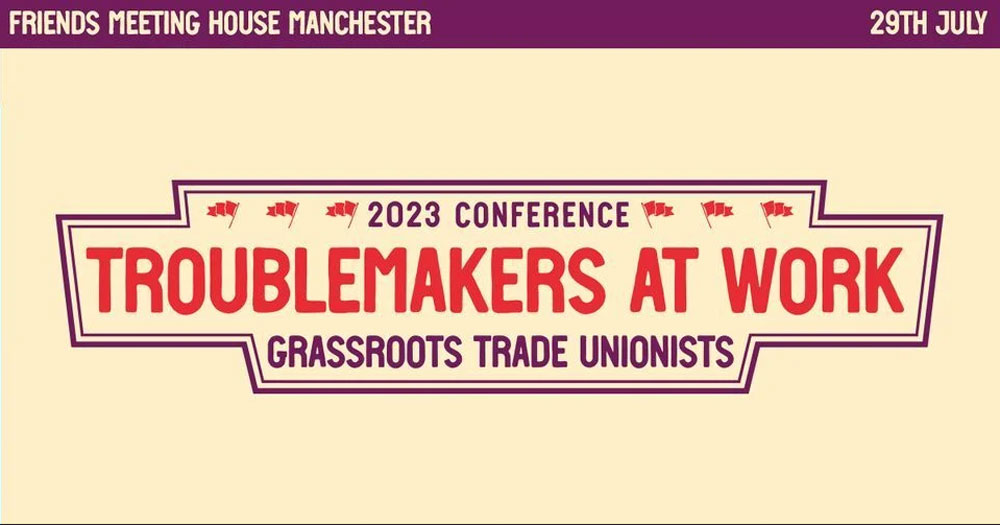

WHILE MINISTERS, economists and even some trade union leaders are eager to call a halt to the great pay revolt, the latest economic figures show this is not an option for millions of workers.
Official (CPI) inflation remained stubbornly high in May at 8.7%, while the more accurate reflection of the cost of living, the retail price index, is still in double digits at 11.3% increase year on year. Food costs, the most basic of necessities, are rising by 18.4%.
Chancellor Jeremy Hunt and Bank of England Governor Andrew Bailey are determined to do ‘whatever it takes’ to bring inflation down, so interest rates have shot up to 5% from their historic low of 0.1% 18 months ago.
This spells mortgage misery for millions of homeowners, adding on average £200 a month to their repayment when they have to renegotiate their loans. Landlords will inevitably try to pass these costs onto tenants, yet rents have already increased by 25% since the pandemic and now average £825 a month across the UK and an astonishing £1,500 in London. Over a third of all tenants spend over half their income on rent — no wonder evictions are at a 15-year high.
Finally debt: the UK currently owes £2.6 trillion, more than its annual GDP for the first time since 1961. Taxpayers hand over £7.7bn per month to the banks just to service this debt. The Financial Conduct Authority has found that 7.7 million households cannot make their credit card payments, while 12.8 million are struggling with bills. Higher interest rates will increase all these pressures.
So what about wages? Rising on average by 7.2% last year, they are clearly lagging behind prices. Despite all the talk of a wage-price spiral, it is price increases that are driving inflation, not our pay packets. This makes the 4–5 percent pay offers currently being touted by union leaders as ‘good deals’ in reality very bad deals.
We say:
Troublemakers at Work
All this makes the Troublemakers at Work conference at Manchester Friends Meeting House on 29 July all the more important. Called by Strike Map UK and sponsored by dozens of trade union branches and most of the socialist groups, including Workers Power, it aims to increase the power and reach of rank and file union members.
One of the most encouraging aspects of this timely initiative is that the organisers appear to be far more open to the participation of a wide range of groups than the usual ‘conference’. Workers Power hopes that this openness is extended to the day itself and the conference not only shares experiences from the year-long strike wave, but also starts to organise the rank and file into an independent force that can transform the unions.
To this end we will propose that the conference adopts a final statement that sets as its aim the founding of a democratic and fighting rank and file movement and democratically elects a steering committee to guide this work.
We recognise that such a project cannot succeed overnight, but as the current strikes show, the danger is that, one by one, disputes are settled by rotten deals that leave the workers paying for the cost of living crisis and the activists demoralised. That outcome we must avoid if the unions are to be better prepared for the struggles to come.
Our contribution to resolving the crisis of leadership in our unions is to launch two new publications. The first is a reprint of some of our groundbreaking articles from the 1970s in a new book, Marxism and the Trade Unions. The second is a brand new pamphlet, The Rank & File’s Next Step, which analyses the state of the unions and proposes an action programme that links their struggles to the goal of socialism.
We urge all our readers to attend the Troublemakers at Work conference and to buy our new publications.
Special offer on book & pamphlet, details of Troublemakers, etc.